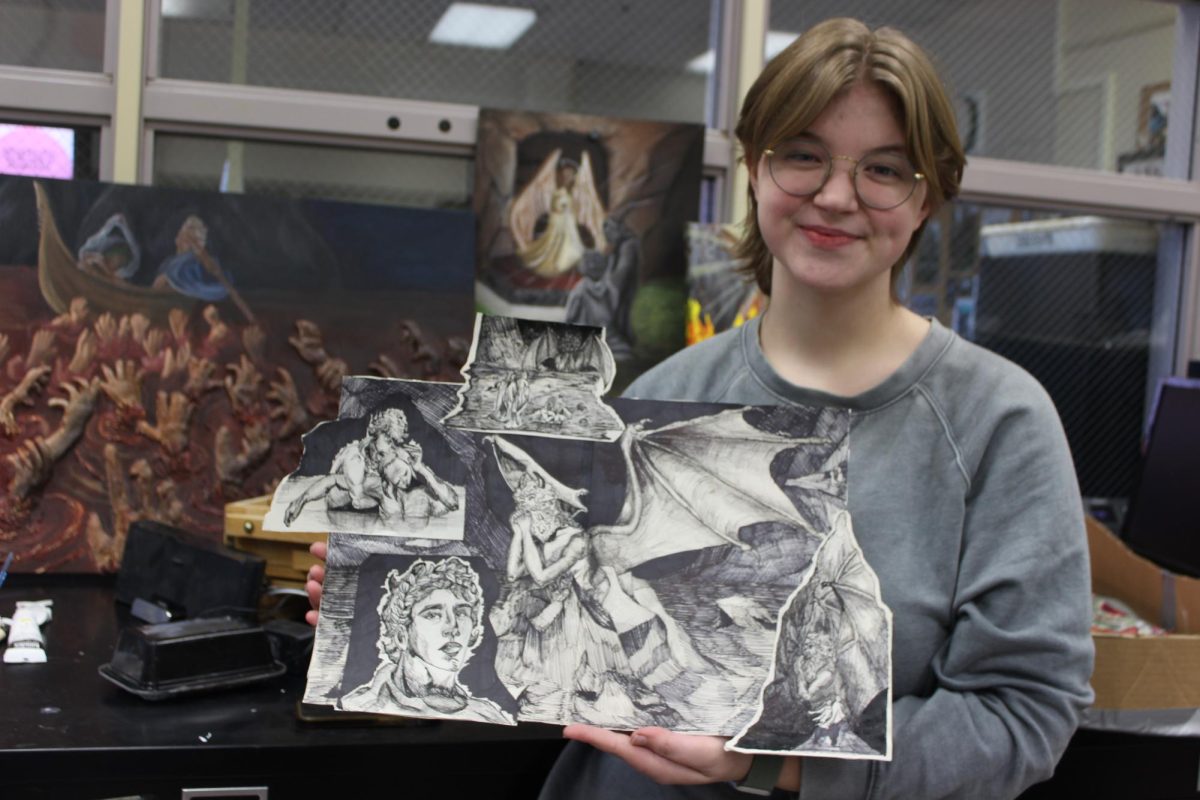Prayer in schools has been a debate for several decades in many states. It has been taken to court in several cases, but at LHS, members of FCA exercise their freedom of religion each Tuesday morning by discussing their beliefs and closing their meetings with a prayer.
The debate of religion in school is centered on finding a balance between the freedom of religion — guaranteed in the First Amendment — and the separation of church and state — a concept also mentioned in the Constitution.
The First Amendment in the Bill of Rights directly states, “Congress shall make no law respecting an establishment of religion, or prohibiting the free exercise thereof; or abridging the freedom of speech, or of the press; or the right of the people peaceably to assemble, and to petition the government for a redress of grievances.”
Students are allowed to pray voluntarily and personally, but they do not have to, and teachers are not allowed to force students to participate in prayer or other religious acts. Not all prayer is banned from schools, and student-led prayer is fine, as Eli Roller, a junior and one of the student leaders for FCA, stated: “If a high schooler wants to start praying quietly in a way that doesn’t disrupt other students, then they can.”
FCA, the Fellowship of Christian Athletes, meets every Tuesday morning to pray, read the Bible, discuss their religion and try to grow closer to God. “Prayer puts me in a positive mindset for the rest of the day if I really focus on it. Albeit prayer is only a small part of our FCA meetings, it is still important,” Roller said.
Mrs. Amy Holtsford, a law teacher at LHS, stated, “The law about prayer in school is that the First Amendment’s establishment clause prohibits a public school like LHS from endorsing a religion or advancing any kind of religious doctrine. So if LHS were to have a prayer over the intercom or a teacher-led prayer, even a voluntary one where a student could leave the classroom and not participate, that would be unconstitutional. Yet the free exercise clause of the First Amendment prohibits the government from interfering with an individual’s practice of religion. So LHS generally can’t interfere with a person’s ability to exercise his or her deeply-held religious belief.”
Disa Sullivan, a junior and another FCA student leader, explained why she benefits from prayer: “Praying helps keep my mind clear and focused. It helps me keep my priorities straight both in and out of school.” She added, “FCA helps me refocus my faith on the right things and to not be distracted. I feel more relaxed every week after and it gives me something to keep in mind for the whole week. I think I’m more positive afterwards typically.”
Roller thinks that “all students should have the right to pray whenever they want, no matter what religion they practice, as long as it doesn’t interfere with teaching inside of the classroom or is disruptive. No one should try and force their beliefs on another.”
The Freedom from Religion Foundation, or FFRF, claims that combining school and religion alienates and singles out the children of minority religions. They argue that “public schools exist to educate, not to proselytize.” Parents who protest against prayer in school often do so because they do not want religion imposed on their child.
But, those who do support prayer in schools have their own reasons. For some, it is important because of how prayer helps them.
Sullivan mentioned that “the secularism of religion and state has been a constant for over a hundred years, and no one has felt the need to change this. Private schools were created so that people who wanted to pray in school could. I understand why prayer is banned in some schools, but I feel that banning prayer is extreme. Praying isn’t forcing someone else to believe in what they believe in; it’s a way of communicating and meditating. I feel that prayer gets a bad reputation.”
Sixty-one percent of America is in support of prayer in school, according to a 2014 survey by Gallup, a website centered on economics and politics. While this 61 percent is the majority of Americans, the number of supporters has decreased from 66 percent in 2001 and 70 percent in 1999. Also, according to Gallup, “Three-quarters of Americans (75%) support allowing students to say prayers at school graduation ceremonies, down slightly from 83% in 1999. The 77% of Americans who support making public school facilities available after hours for student religious groups to use is essentially unchanged from 78% in 1999.”
Another group of religious LHS students meets before school at 6 a.m. to study their scriptures in the Libertyville Civic Center. There are about 19 LHS students and over 10 Mundelein High School students who attend seminary. The students are divided by school year– freshmen and sophomores are taught by one teacher and juniors and seniors are taught by another. Like most positions in the Church of Jesus Christ of Latter Day Saints, or more commonly known as the Mormon Church, these teachers are not paid. Seminary is a worldwide practice among Mormons.
In May of 1991, the previous prophet of the Mormon Church Gordon B. Hinckley said,“We now have some 403,000 seminary and institute students enrolled worldwide. Additionally, some 46,500 students are enrolled in Church universities and schools. This is a huge and costly undertaking, but it yields noteworthy benefits in the lives of our youth in terms of spiritual enrichment, moral strength to resist the evil that is all about us, as well as a tremendous increase in gospel scholarship.”



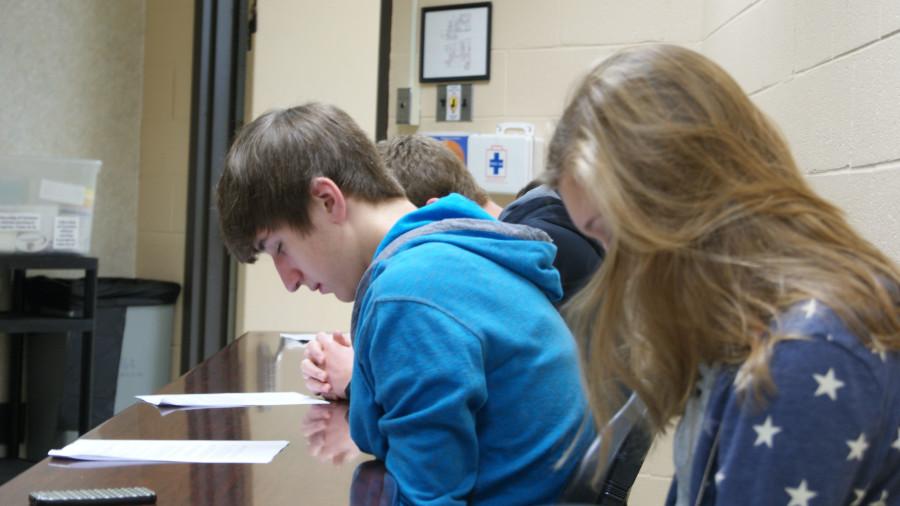
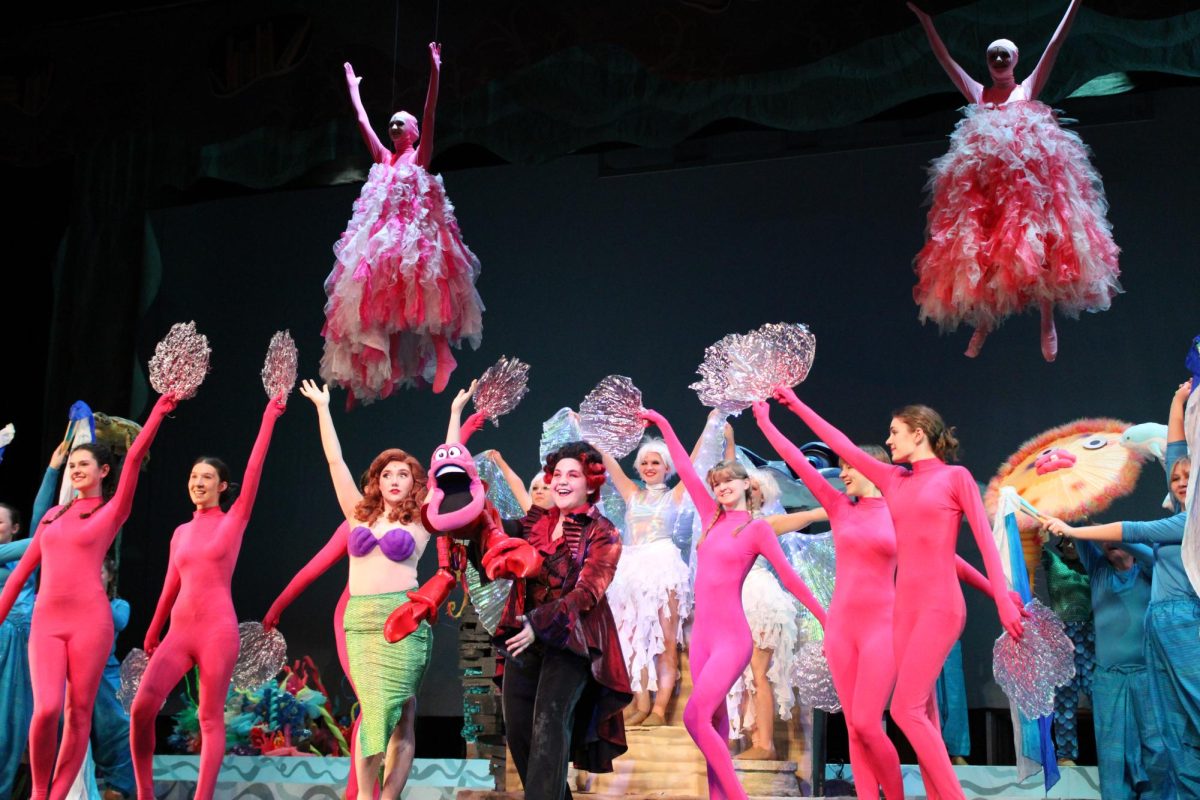
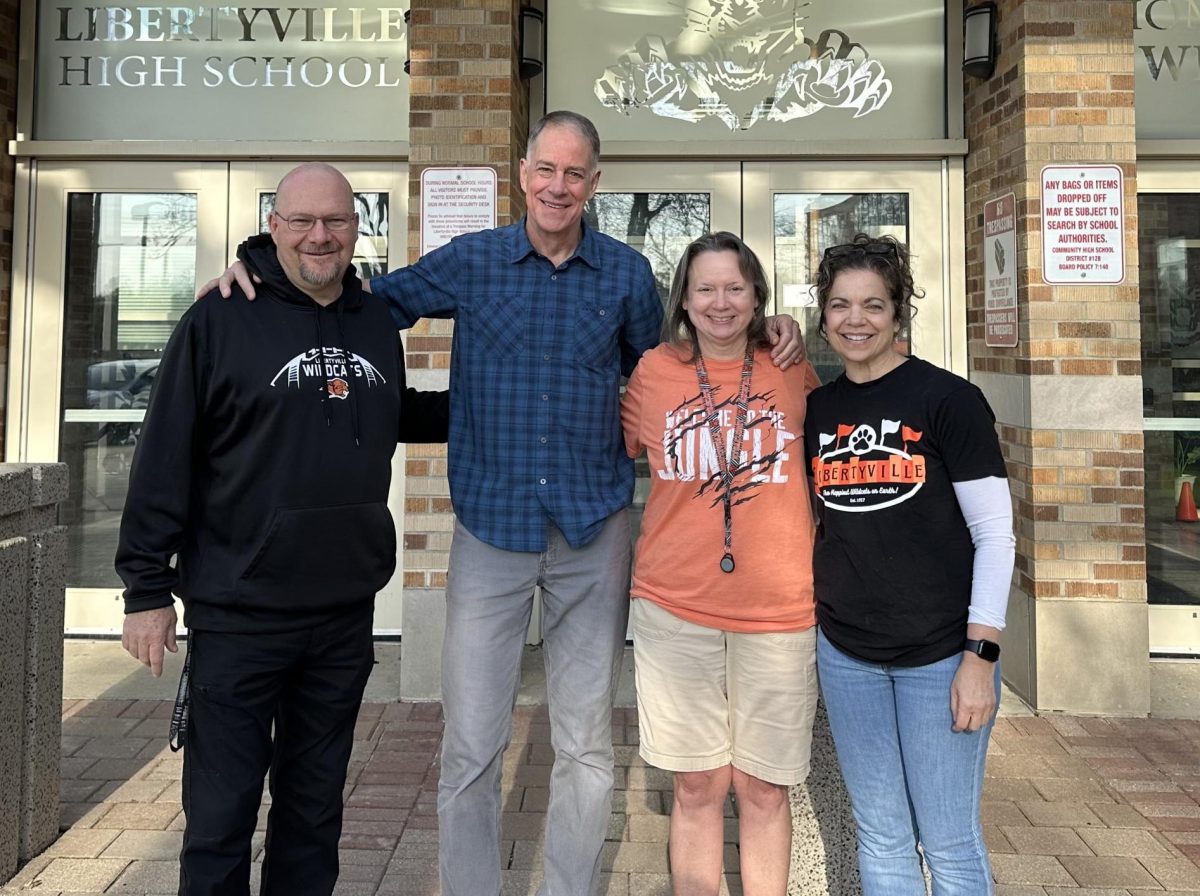
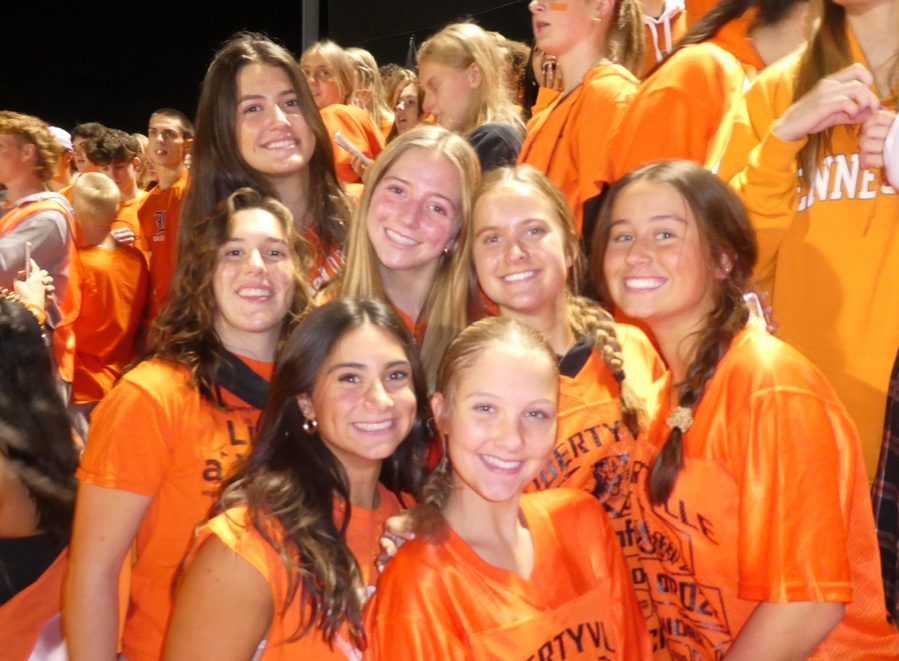

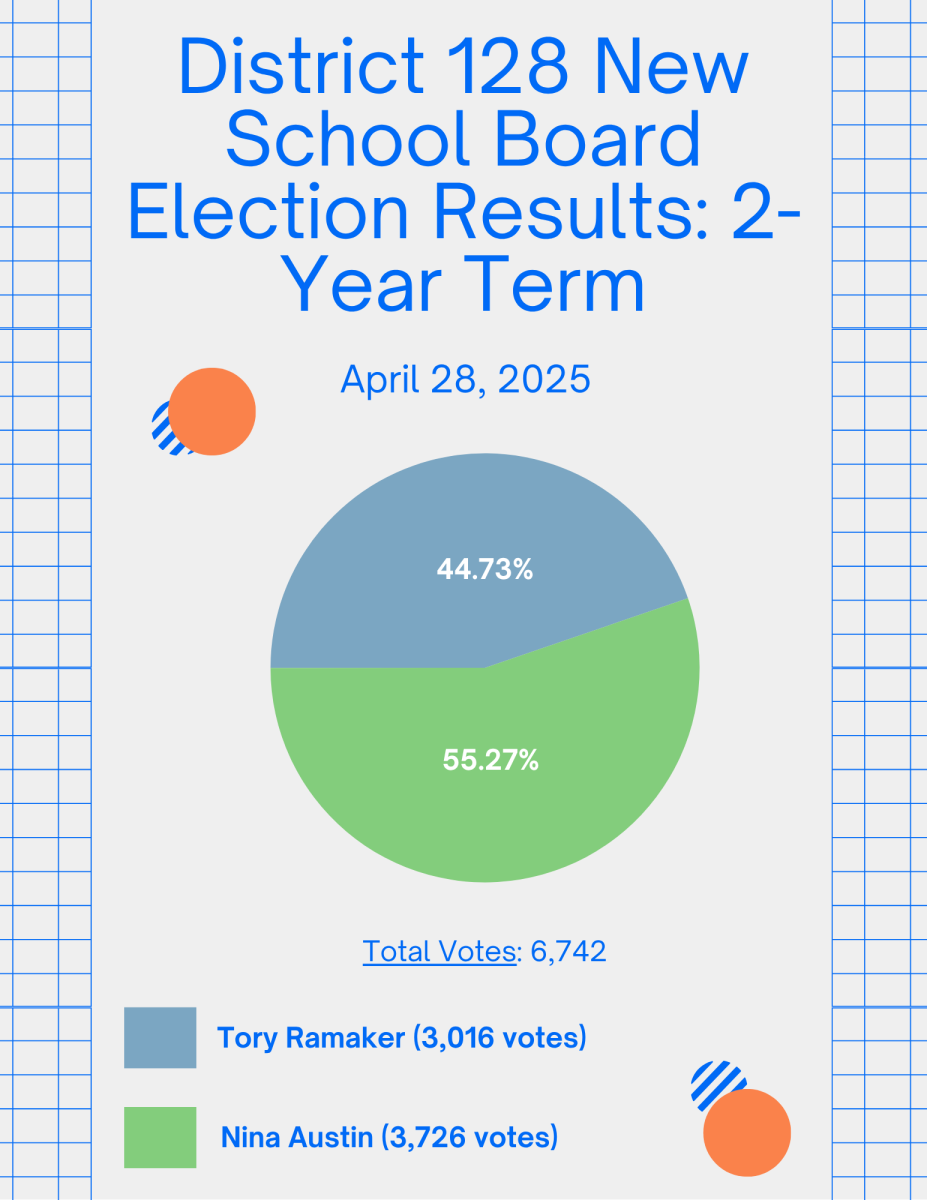
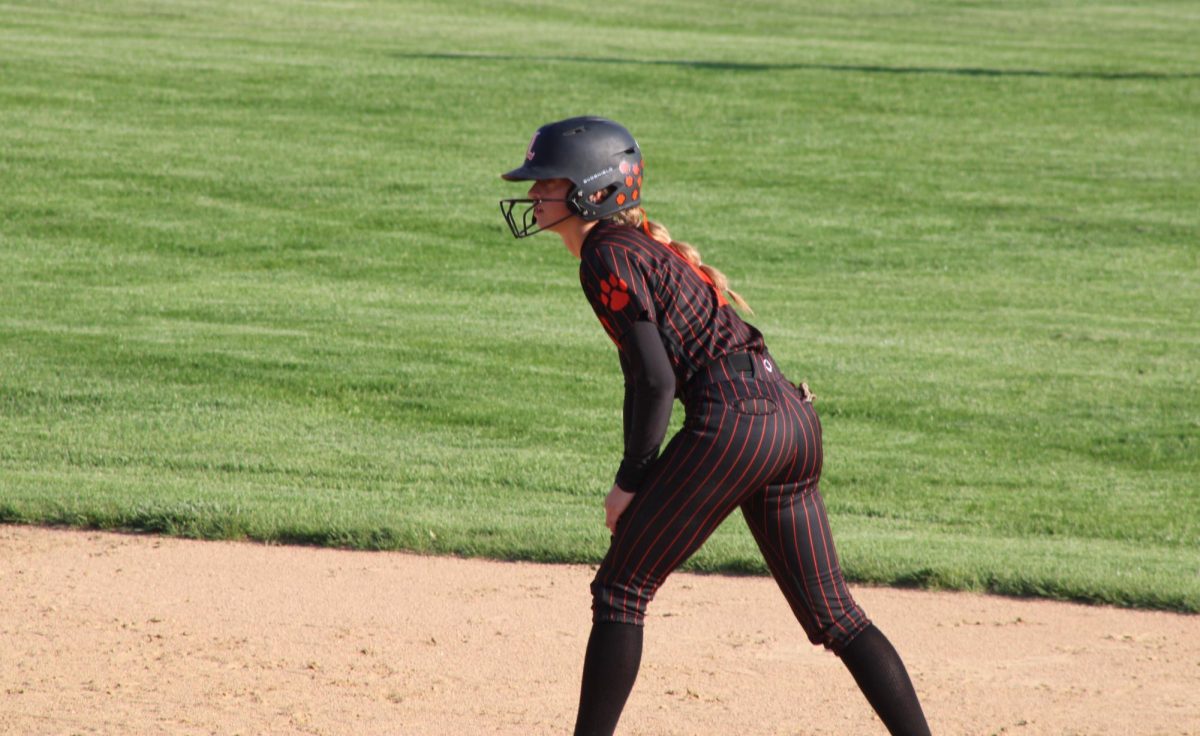
![Senior River Thompson joins the Jazz Ensemble by singing “That Old Black Magic” by Mercer and Arlen Arr. Mark Taylor, along with senior Annie Brody on guitar and junior Thomas Teixeira on bass, earning big applause. “[The concert had] great energy because it's the last [jazz concert] of the year,” Brody said.](https://www.lhsdoi.com/wp-content/uploads/2025/04/Eight-That-Old-Black-Magic-1200x800.jpg)
![Mr. Abullh Ali, manager/assistant, helps open Queen Yemeni Coffee in downtown Libertyville at 606 North Milwaukee Ave. With the help of employees such as manager and LHS senior Yousef Taha, they are able to bring the Yemeni and Ethiopian culture to Libertyville by using their Queen spices, cinnamon and cardamom in their drinks such as Adani Chai, which is inspired by Sheda, the Queen of Yemen and Ethiopia. “The history of our coffee [is] a long history and we believe that Yemen and Ethiopia started the coffee and we are bringing something unique to the community,” Mr. Ali said.](https://www.lhsdoi.com/wp-content/uploads/2025/04/Photo-1-1200x800.jpg)
